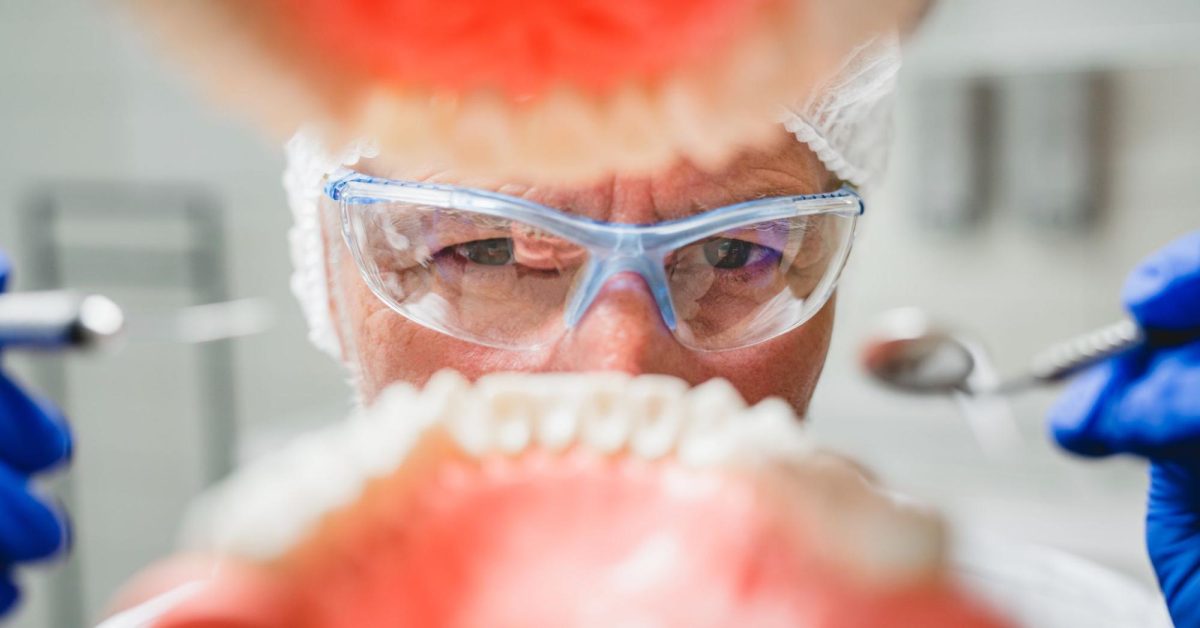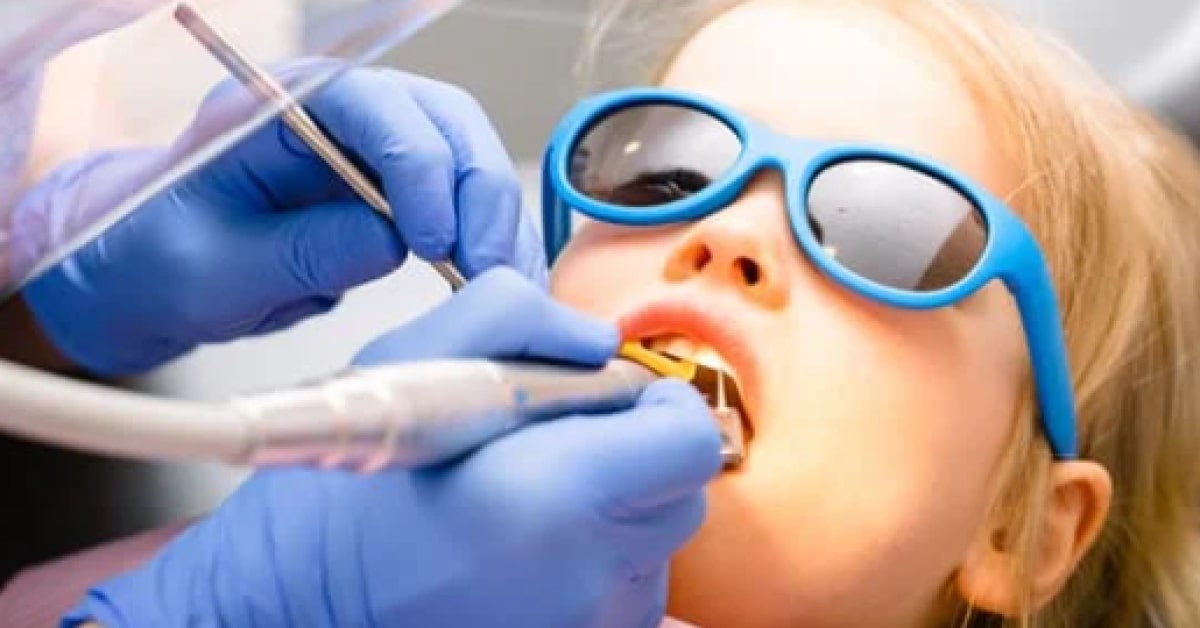Blog
May 15, 2023 • 10 mins readManaging Gum Disease at Home, Things You Can Do to Keep Your Dentist Happy!
Keep your dentist happy and your gums healthy with these tips for managing gum disease at home. Learn how to recognize the signs of gum disease and it's prevention.
Author
Danielle Duncan

In this Article
There is nothing better than a happy dentist. Not only does following your dentist’s orders at home help prevent long, intensive care caused by ignoring your dental health, it can turn your visit to the dental office into something to look forward to, and it can help your whole body health too!
Gingivitis, a word that everyone has heard their dentist say at least once or twice during their semi-annual dental checkups, is a common, mild form of gum disease that can cause irritation, swelling, and irritation of the gums. If left untreated, gingivitis can worsen and turn into periodontal disease (perio.) The most common cause of gingivitis is a poor oral hygiene routine that encourages the buildup of plaque on teeth and the gum line that can lead to poor gum health. Fortunately, there are steps that can be taken at home to prevent and in some cases, reverse gum disease such as gingivitis from the comfort of your own home.
Up to 46% of adults 30 and older in the United States have gum disease in some form or another, and up to 9% of those adults are coping with severe gum disease.
While gingivitis can be treated easily at home, if left to its own devices and allowed to turn into periodontitis, is to follow your dentist’s recommended oral hygiene routine at home.
What are the signs and symptoms of gum disease?
Some of the signs that your gum health may be struggling are:
- Discolored plaque or tartar on the teeth
- Swollen or inflamed gums
- Bleeding during brushing and flossing
- Pain while eating
- Sensitive teeth and gums
- Receding gums
- Halitosis (bad breath)
- Extra space between teeth
- A metallic taste
- Loosening or the loss of teeth
- Pus between teeth and along the gum line
- Changes in bite
- Changes in the fit of dentures
Unfortunately, some of these symptoms may not show up until later on in life, making it much harder to treat by a dental professional. This is why it is so important to follow your dentist’s recommendations in maintaining your oral health.
What are the steps you can take to reduce the risk of gum disease at home?
Brush, brush, brush!
This is something our dentists have drilled into us since we were children. Brushing at last twice daily (especially following meals and before bed) can help reduce the buildup that forms on the surface of the teeth.
When brushing, don’t forget!
- Brush those teeth for 2 minutes at a time with an electric toothbrush or soft-bristled brush.
- Use a flouride toothpaste for extra protection!
- Brush every surface, tooth, gums, tongue, and the roof of your mouth!
- Replace your toothbrush every 3 to 4 months or sooner if the bristles are frayed.
- If you can find a toothbrush with an ADA seal of acceptance, it is perfect for the job!
Flossing at least once per day.
The traditional floss is going to get between your teeth much better than an interdental brush or soft picks, but, with the advice of your dentist, either are beneficial if traditional flossing just isn’t an option.
Maintain your dental visits at least once a year.
Keeping a habit of visiting your dentist’s office every year can help ensure that you are staying on top of your oral health at home. Dentists and oral hygienists can provide guidance in how to up your oral hygiene routine at home to prevent, treat, or reduce the symptoms of beginning stage gum disease.
Avoid tobacco at all costs.
Tobacco can cause a slew of problems in the mouth and body, it is best to avoid it to promote a healthy smile.
Limit the consumption of sugars and alcohol.
Sugar and alcohol can erode the protective enamel on teeth.
Keep your Dentist aware of any concerns!
If you suffer from dry mouth or notice any changes in your mouth, contact your dentist right away! A good, open line of communication will help give you a leg up with keeping your gums healthy!
Stay hydrated!
Drinking water isn’t just good for your body, it’s important for your oral health as well! Drinking plenty of water helps to maintain the perfect balance for oral hygiene!
Remember, good oral health starts at home. With the help of your dentist and their amazing team, you can maintain the balance of oral health and whole body health!
What can be done for more severe gum disease?
If you have trouble managing gum disease at home or if your gum disease is too advanced for preventative measures to help, your dentist is the first call you should make.
Scaling and cleaning:
Scheduling a scaling and cleaning can help to remove the calculus and plaque on teeth and the gum line to help restore periodontal health.
During a scaling and cleaning visit your dental hygienist will clean the surfaces of the teeth, the gum line, and in the pockets, polish teeth, and treat teeth with flouride.
If you have very advanced gum disease, it may require repeat visits to ensure that the teeth can be cleaned properly without causing excessive stress or trauma to the teeth during a single visit.
Medication:
In some cases, it may be necessary to use medications or medicated mouthwash to treat advanced gum disease or periodontitis.
- Antibiotic gels
- Rinses and gels (or other products) that contain chlorhexidine (an antimicrobial compound)
- A compound made of minocycline hydrochloride microspheres that your dentist can insert into the pockets which helps to reduce the buildup of plaque.
- Oral antibiotics
Surgery:
If all else fails, surgery may be the final step to help your periodontal disease. This surgery is used to remove plaque bacteria in pockets, as a regenerative treatment to restore lost bone and gum tissue, and to remove bacteria on the roots.
When it comes to gum disease, an ounce of prevention is worth a pound of cure. Keeping your dental professionals happy by following a good oral hygiene routine at home is key to maintaining oral and whole body health!



